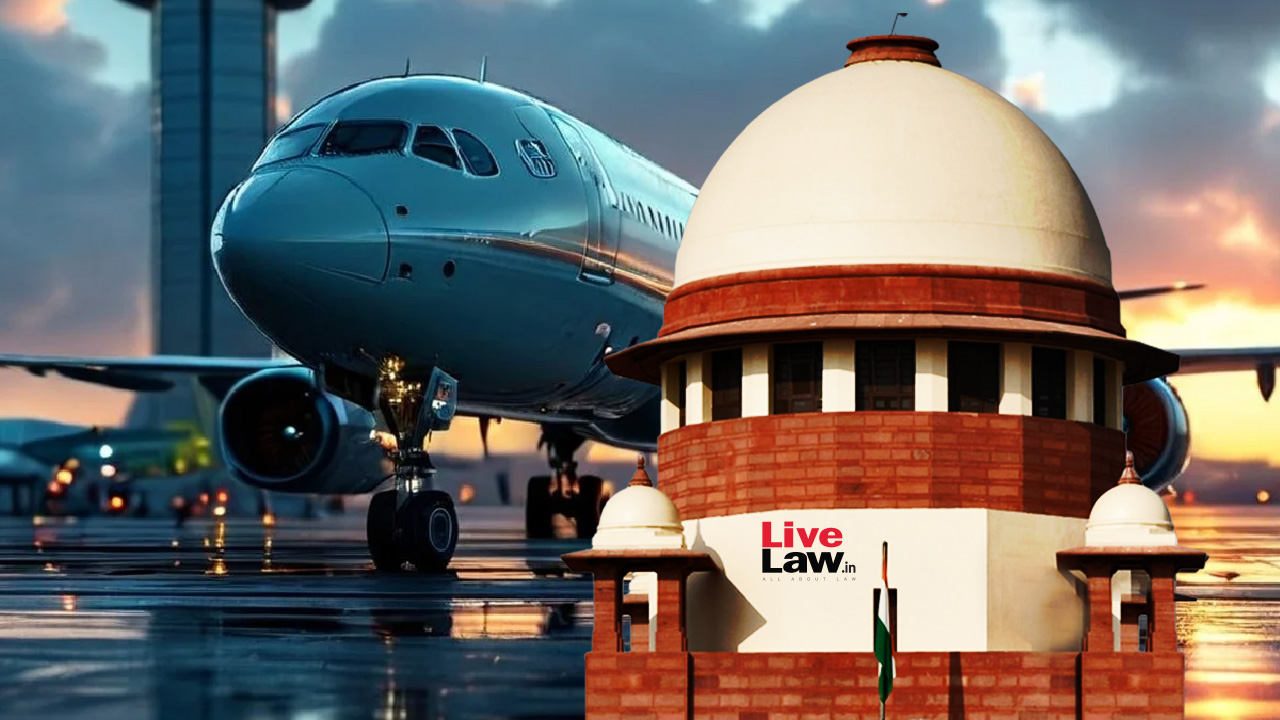 |
|
The Supreme Court of India is currently hearing a case stemming from the infamous Air India urination incident, where a male passenger allegedly urinated on a female passenger. The case highlights critical gaps in in-flight safety protocols and the handling of intoxicated or unruly passengers. The petitioner, 73-year-old Hema Rajaraman, is seeking the implementation of more comprehensive Standard Operating Procedures (SOPs) to address such incidents and prevent similar occurrences in the future. Her petition underscores the need for clearer guidelines and improved training for airline crew to better manage disruptive passengers, particularly those under the influence of alcohol or other substances. The court's questioning of the Union government regarding the existing mechanisms for identifying and managing intoxicated passengers underscores the seriousness with which this issue is being addressed. The lack of robust preventative measures is evident, as highlighted by the judge's own anecdote involving intoxicated passengers on a flight. This anecdote paints a vivid picture of the potential for chaos and difficulty faced by flight attendants, especially female crew members, when dealing with unruly and intoxicated individuals in confined spaces.
The inadequacy of current DGCA guidelines is a central theme of the case. While the government claims that guidelines exist, the petitioner argues that these mainly address the aftermath of incidents rather than offering proactive steps to prevent them. This points to a significant deficiency in the current system. The existing guidelines appear to lack sufficient clarity and fail to provide crew members with the specific tools and training necessary to effectively handle situations involving intoxicated or disruptive passengers. The petitioner's counsel specifically emphasizes the need for improved sensitization training for crew members, highlighting the unique vulnerabilities of senior citizens in such situations. The confined environment of an aircraft, coupled with the lack of readily available escape routes, necessitates specific protocols to ensure the safety and well-being of all passengers.
The court's involvement underscores the urgency of addressing these concerns. The judgment will set a precedent, shaping the future of airline safety regulations in India and potentially influencing other countries as well. The call for the DGCA to review and potentially revise its guidelines signals a commitment to improving passenger safety and accountability within the aviation industry. The bench's non-adversarial approach suggests a collaborative effort towards finding effective solutions. However, the fundamental question remains: how effective can post-incident responses be in preventing future occurrences? The absence of strong preventative measures points to a critical gap in the current regulatory framework. The solution, therefore, lies not only in improving post-incident responses but also in proactively implementing strategies to identify, manage, and prevent incidents involving intoxicated or unruly passengers before they escalate.
Beyond the immediate legal ramifications, this case carries significant implications for the future of air travel in India. The sheer volume of passengers and flights daily underlines the need for robust and well-defined guidelines. The focus on preventative measures, including enhanced training for airline staff and potentially stricter regulations regarding alcohol consumption on flights, are crucial for improving safety. This case provides a much-needed platform to raise awareness and initiate discussions on improvements to passenger safety protocols. The court's engagement, combined with the petitioner's suggestions and the DGCA's review, could lead to significant changes in the aviation industry, enhancing the overall travel experience and ensuring the safety and comfort of all passengers.
